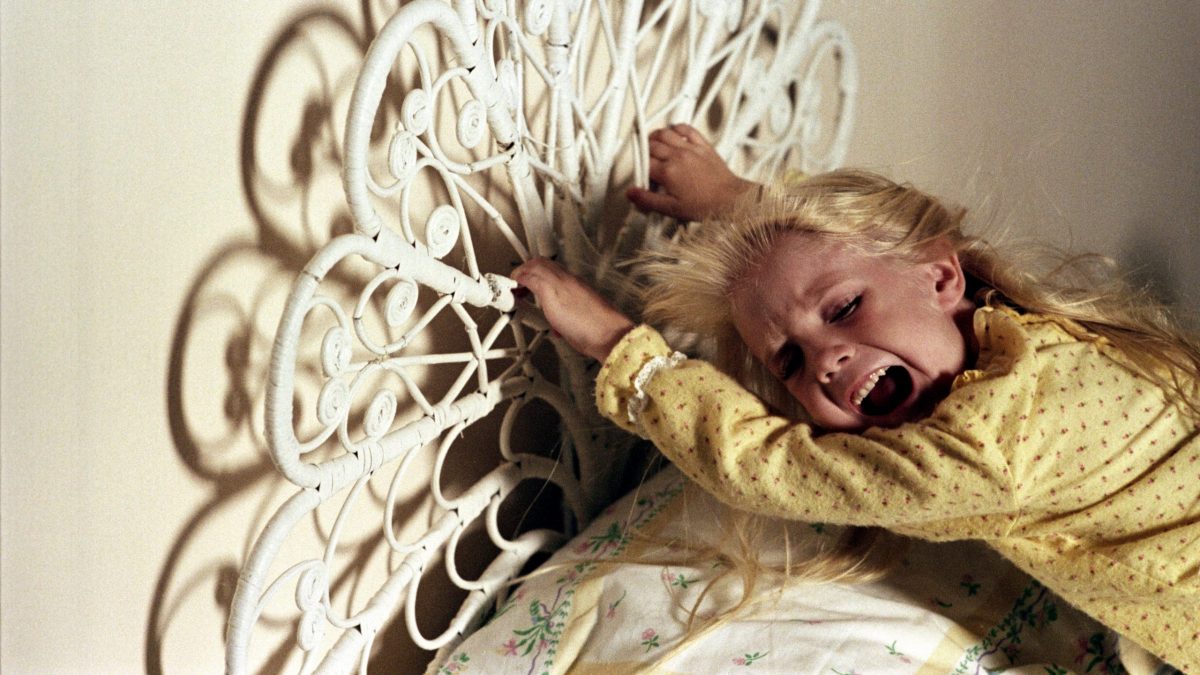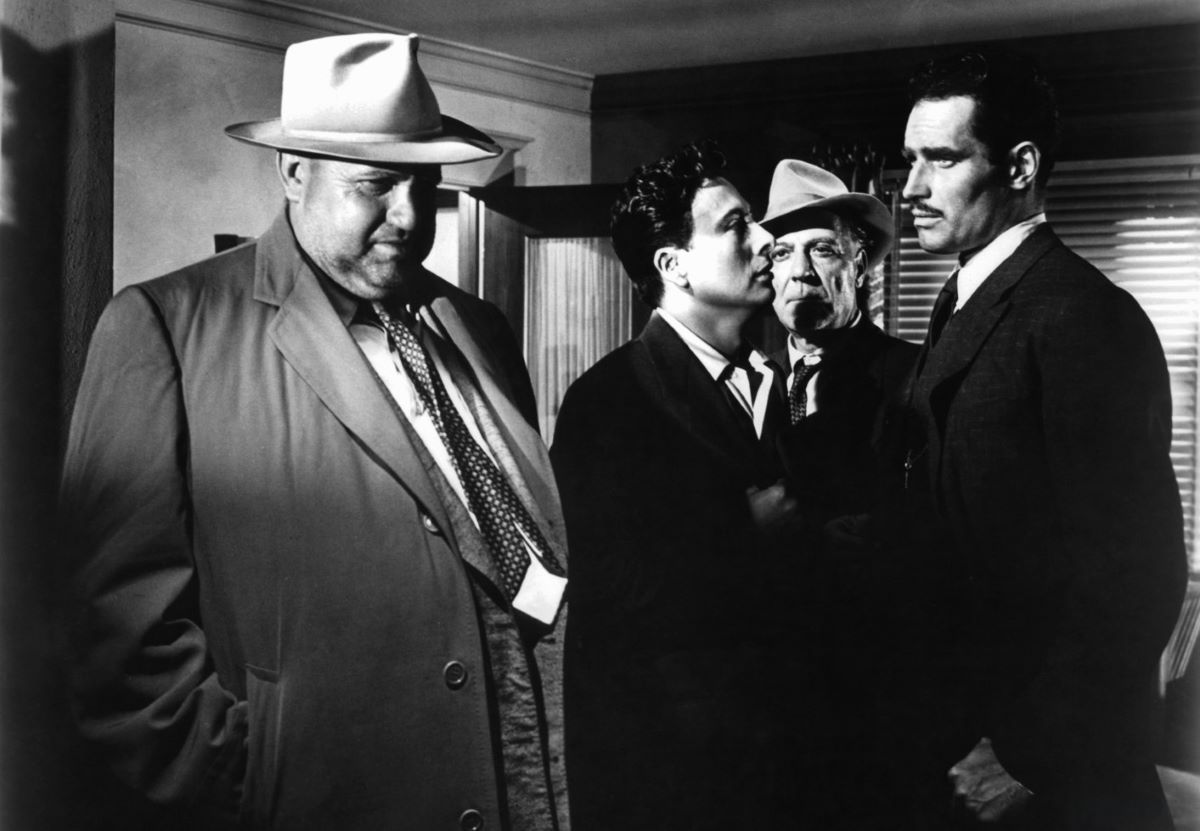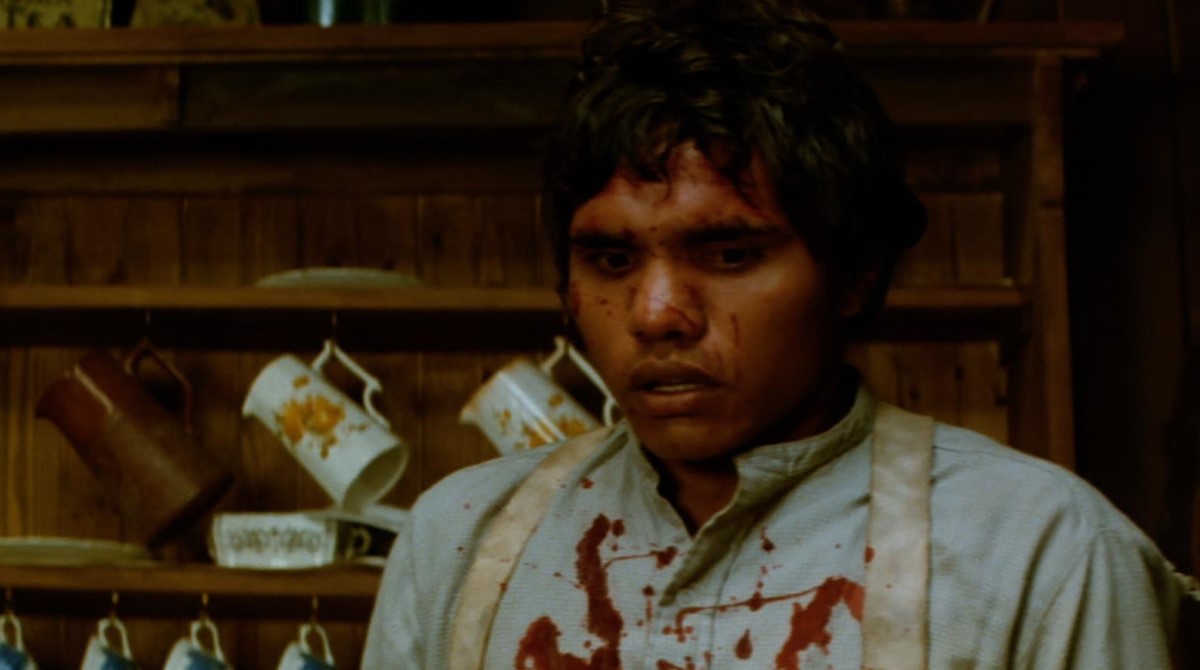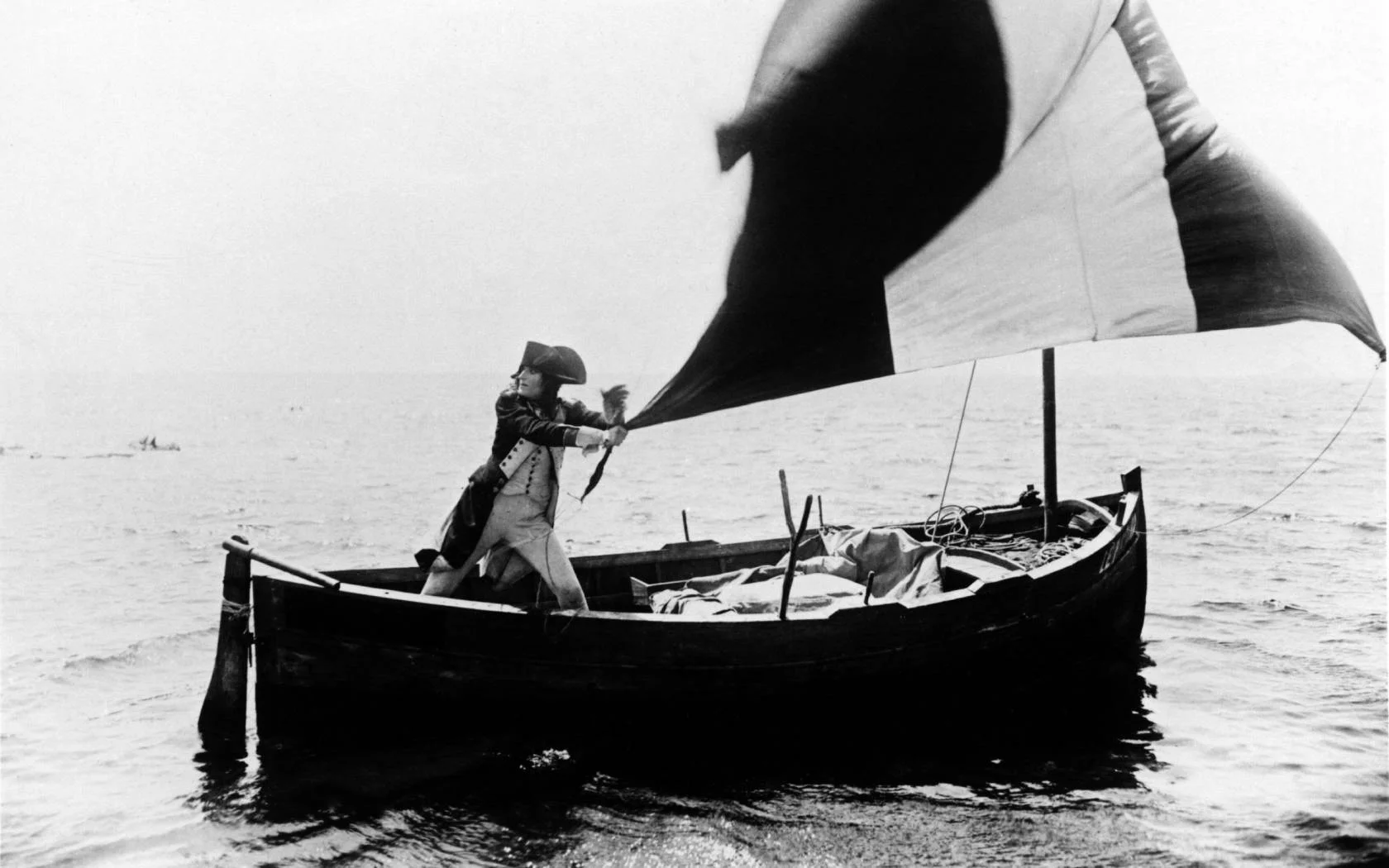by Pauline Kael
As if to offer positive proof of how confounding people can be, Spielberg has also made an anything-for-a-scare movie—Poltergeist, a suburban gothic in which the children’s paradise turns into a children’s hell. Although the writing credits are shared, he wrote the initial story and rewrote the other writers’ work on the script, and he produced the picture and supervised the final edit. And although he picked Tobe Hooper to direct, he storyboarded the shots and, it appears, also took over, in considerable part, on the set. Whatever the credits say, he was certainly the guiding intelligence of Poltergeist—which isn’t a high compliment. There are some amusing possibilities suggested at the outset—they relate to kids and television. The film’s biggest disappointment is that these aren’t the ones that are followed through. Poltergeist, which is about a family besieged by nasty, prankish ghosts (there appear to be multitudes of them), is no more than an entertaining hash designed to spook you. It’s The Exorcist without morbidity, or, more exactly, it’s The Amityville Horror done with insouciance and high-toned special effects. There are lots of these, and some are awkwardly reminiscent of effects in Close Encounters and Raiders of the Lost Ark, but the worst thing about them is that there’s no rationale for the forms that the poltergeists take on or for what they do.
At first, Spielberg’s skill may get your hopes up—you think everything will come together in some wonderful sneaky-clever way. When you realize that it won’t, your whole relationship to the movie changes. You’ve become the director’s target: you’re being subjected to thrills, bombarded by them, as you were in Raiders. And so, since the director puts you in the position of being a connoisseur of special effects, you sit back and turn bitchy—at least, I do. It doesn’t take long for the principle of diminishing returns to set in: after a while your anticipation of a grisly new horror is more fun than what is delivered—ectoplasmic manifestations, spinning rooms and flying objects, gooey stuff that extrudes around closed doors, ambulatory cadavers, and angry, roiling skies and a mean tornado. The spectral effects are so varied that the film turns into a showcase for fancy opticals. And when we get into that jaded mood any effects that actually carry an emotional charge—such as the little boy in the family having nighttime terrors of a gnarled old tree with clawlike moving branches that’s outside his bedroom window, or the boy’s anxiety about a ghastly stuffed clown doll (its eyes seem to light up)—may be irritants. These effects don’t have any clearer connection to the poltergeists than the others do, but they bother some of us because we associate them with our own childhood fears, and so we respond to them on another level than connoisseurship—and it seems almost callous for the movie to toss them in with skeletons popping up and other “Boo!” effects.
If Poltergeist succeeds to a degree, it’s because of the warmth of the family itself in its tract home, full of toys, in a fast-expanding new subdivision. In Amityville, the family was an indifferent—even ludicrous—group; you didn’t care what happened to those people. But in Poltergeist Diane, the mother (JoBeth Williams), and Steve, the father (Craig T. Nelson), are terrific, groovy people. When the ghostly manifestations start in the kitchen, what happens seems so benign that Diane reacts as if her household objects were staging a vaudeville show for her—she’s turned on by it. High and giddy, she’s bubbling over when she tells Steve about it, prefacing her description with “Remember when you used to have an open mind?” The oldest of the three kids is a teen-age girl who’s so busy with her friends that she’s hardly ever around, but the two little ones—Robbie (Oliver Robbins), who’s eight or nine, and Carol Anne (Heather O’Rourke), who’s about five—are really menaced. It’s Carol Anne, who was born in the house, that the spooks are after, and they steal her away, but not far. She can be heard calling out to her mommy from somewhere inside the house. What prevents the situation from being too harrowing is that the film keeps up a cheerful, cartoonlike comic tone (the family dog is a heavy old slobby, snuffling golden retriever); and, besides, you know that Diane and Steve will battle any evil spirits to bring Carol Anne back. These parents love their kids so much that no harm can come to them. JoBeth Williams makes Diane a cool, jazzy mother, and you develop real affection and respect for the blandly handsome Craig T. Nelson as an actor—he brings out something sly and pointed in Steve’s intelligence. Steve knows he’s beefy—he’s a kid in a big, oversize body. They’re both kids at heart; the suburbs are a big toy to them—which makes them ideal parents for a Spielberg movie.
Diane and Steve seek help from a doctor of parapsychology, a role played by Beatrice Straight, who bores the audience blind and, in a few of her speeches, brings the picture to a halt, as if she’d put a hex on the director and the editor. But then a psychic is brought in: a little woman named Tangina comes to “cleanse” the house. As played by Zelda Rubinstein, the four-foot-three-inch actress who recently organized the Michael Dunn Memorial Repertory Theatre Company in Los Angeles, this character gives the movie new life, and she makes a large chunk of it work. Tangina has a slightly metallic, childlike voice (it sounds as if it were coming through a megaphone), and she emanates the eerie calm of someone who is used to dealing with tricky, deceiving ghosts. Zelda Rubinstein isn’t fazed by having to deliver a speech that’s a groaner. She holds the screen like a small Florence Bates; she’s so fresh a performer that you want to applaud her exit line. It seems remarkably ungallant—and clumsy—of Spielberg to press on with plot developments that undercut the conviction she has brought to her role, which is about the only solid thing in the picture. If Poltergeist doesn’t do much more than give people a rousing summer spook show and make money for M-G-M, it should at least bring honor and recognition to this actress and her (nonprofit) theatre group.
You hear bits of Spielberg’s voice all through Poltergeist, but it isn’t a song—it’s more like whistling in the dark. Poltergeist doesn’t have a structure; it has only a situation, and a bunch of flapping loose ends. Spielberg must have had to work much harder on this film than on E. T., because it doesn’t tap the sources of magic; it’s just a dumb concoction, and every effect has to stand on its own. What’s lacking is what E. T. has—the emotional roots of the fantasy and what it means to the children. There is nothing about Diane and Steve and their kids that relates in any way to what happens to them. The parents show their love for Carol Anne, but it was never in doubt. Their courage is tested, but that doesn’t seem to have any particular meaning for them or for the kids, or any connection to how things turn out. Because Spielberg is a dedicated craftsman and a wit, he can make a much better low-grade, adolescent entertainment than most directors. But he isn’t really thinking in this film—he’s just throwing ideas and effects at us. If he’d tossed in an earthquake and a batch of giant, mutant ants, they’d make as much sense as anything else in Poltergeist.
The New Yorker, June 14, 1982





